Dr. Rima Mukherji MBBS, DPM, MRCPsych (London). After gaining 7 years of experience in the UK, Dr. Mukherji set up the renowned Crystal Minds, a mental wellness centre (with a multidisciplinary team offering a wide range of psychiatric and psychological services for all age groups) in Kolkata.
Protecting a marriage with unresolved issues requires a proactive and compassionate approach. It’s about acknowledging the existence of these challenges, communicating openly and honestly with your partner, and working together to find solutions or ways to manage them effectively.
Resentment In Marriage
Table of Contents
“He never stands up for me in front of his mother”, “She is always telling me I don’t earn enough”, “He lied to me again”, “Did she speak to him even though she knows how much I hate him”…
In a marriage, minor issues can turn into big resentments over time, if not addressed timely. Every word said in a state of irritation or anger has the ability to wound both the partner and relationship. So what is the best way to protect a marriage or relationship from going downhill due to unresolved issues?
Identifying resentment in a marriage
Identifying the main issues affecting a marriage is the first step. These are the points which raise their ugly heads in every fight. So if an issue is unresolved, a couple will find it is getting dragged into each fight, however unrelated. This is the cue to pick up on.
For example: A husband may resent that in the initial stages of their marriage his wife’s mother used to continuously try to control the marriage. A wife may be upset about the mean things her mother-in-law said to her. Years may have passed but they’re unable to move forward and it is brought up in each argument. This is a sure sign of resentment.
How to address long-term resentment in a marriage
Storing anger and resentment clogs the free space in one’s mind and ruins the quality of a relationship, and attempts simply have to be made to sort the issues out, as they will not get solved by themselves. A few simple techniques go a long way.
1. Listen to your partner’s complaint
Scene 1
Husband to wife: You don’t love me
Wife to husband: I slog all day at home, raise kids, look after your parents, if this does not mean love to you then what will?
Scene 2
Husband to wife: You don’t love me
Wife to husband: I don’t love you? What makes you say that?
Husband: The home, family, children… even your sisters come before me. I don’t feel like I matter to you.
Sometimes it is better to simply ask what ‘exactly’ is bothering the partner instead of giving explanations or justifications.
2. Tell your partner clearly what bothers you

The above point tells us that a common mistake that couples make is to expect their partners to read their mind: “If you loved me you would have known that I don’t like this”. That’s not how real life works.
If something bothers you, tell you partner exactly what bothers you and why. No one is a mind reader. Don’t accuse. Don’t fight. State the facts. “It hurts me when you do this”, can work wonders if you give it a chance.
3. Let go of ego
Once a fight has started or is about to, the only way to end it is for one of them to back off. Somebody has to be humble. Someone has to be the first one to apologise. One of them has to let go of their ego.
Related reading: 10 ways to apologise to your wife
Letting go of ego is not the simplest of things to do, but when people feel they have a genuine reason to continue a relationship with someone, they do try to cool down, introspect and apologise. Of course, for the relationship to work, the apology has to be heartfelt and genuine.
“I am sorry, I hadn’t realised this bothered you so much” should be followed by action.

4. Marriage is a sacrosanct husband-wife unit
Most marriages in India go downhill due to the role of in-laws, (both sets of in-laws). It is important for everyone around a couple to understand that a husband wife unit is sacrosanct. Meddling parents must give the couple the space to grow, thrive and take their own decisions.
Related reading: Overcoming in-laws’ interference
The couple themselves must be aware that that there will be problems, but they will not let it affect their marriage in any cost. That their marriage is sacrosanct and no one will be allowed to get in and ruin their space. They’re adults and will not allow themselves to be misguided either.
5. Divorce and litigation
Divorce must be a mutual decision to be taken after counselling has proven unsuccessful. Litigation must be taken recourse to in genuine cases of abuse, assault, harassment. Never should either of the above be used as tools for bullying or arm twisting the partner and their family. People are naïve when they play these games. They must have an honest chat with one another before they think of divorce.
These approach acknowledges that while the marriage may be ending, there’s still room for dignity, cooperation, and a shared desire for a peaceful resolution:
- Reduced Conflict: Less adversarial approach, leading to quicker resolution and potentially lower legal fees.
- Streamlined Proceedings: Focus on reaching a fair agreement on issues like property division, child custody, and spousal support.
- Less Emotional Strain: Can be less emotionally draining than a contentious divorce, fostering a more amicable separation.
- Increased Control: Couples have more control over the terms of their divorce compared to a contested divorce.
- Collaborative Approach: Often involves mediation or collaborative law, promoting cooperation and communication.
Related Reading: Uncontested Divorce: Step-By-Step Procedure And Benefits
6. Therapy
Along with all the above, a couple must go for therapy to give their relationship the best chance that it has of surviving. Unlike family and friends of a couple, counsellors are neutral and are professionally trained to guide couples in distress. Only if a genuine effort at therapy that spanned six months to a year does not resolve the issues should a couple decide to go in for a divorce.
One’s marriage is one’s own. Like any relationship, it needs effort. With empathy, an open mind and a genuine effort to make it work, a marriage can survive and come out of even the worst of times.
Frequently Asked Questions
1. Is it normal for marriages to have unresolved issues?
Yes, it’s entirely normal for couples to have some unresolved issues. No two people are exactly alike, and differences in opinions, values, and communication styles can lead to ongoing challenges.
2. How can we protect our marriage while dealing with unresolved issues?
Focus on strengthening your emotional connection, practicing forgiveness, and prioritizing the positive aspects of your relationship. Set boundaries, maintain open communication, and seek professional help if needed.
3. What are some signs that unresolved issues are damaging our marriage?
Chronic conflict, emotional distance, lack of intimacy, and a decline in overall happiness are all potential signs that unresolved issues are negatively affecting your marriage.
Final Thoughts
Protecting a marriage with unresolved issues is a testament to the strength of love and commitment. It requires both partners to actively participate in nurturing the relationship, even when challenges persist. Open and honest communication, empathy, forgiveness, and a willingness to seek professional help when needed are all crucial components of safeguarding your bond.
Remember, a successful marriage isn’t about avoiding challenges, but rather about facing them together with love, understanding, and unwavering support. If you are facing challenges, our panel of experienced therapists will guide.
Marriage VS Live-In Relationship: Everything You Wanted To Know
Your contribution does not constitute a charitable donation. It will allow Bonobology to continue bringing you new and up-to-date information in our pursuit of helping anyone in the world to learn how to do anything.

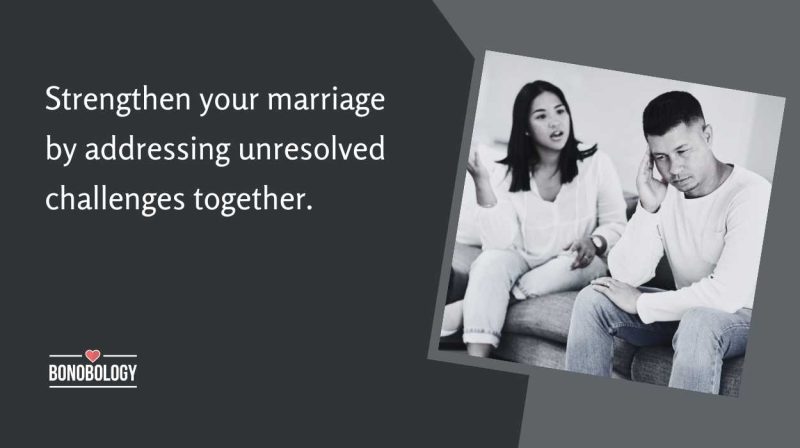

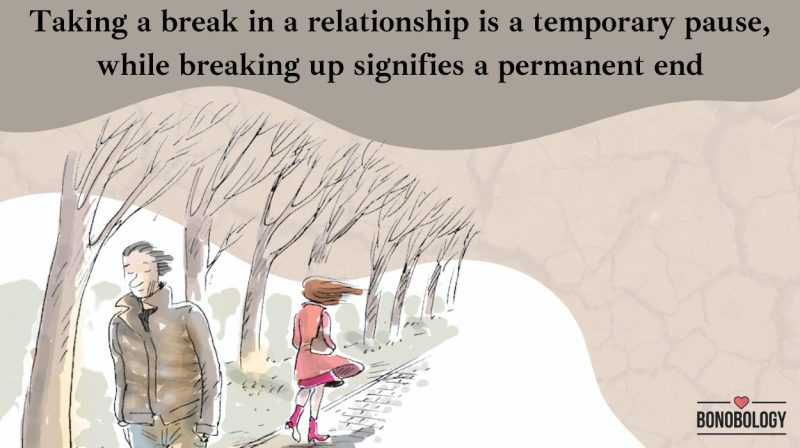


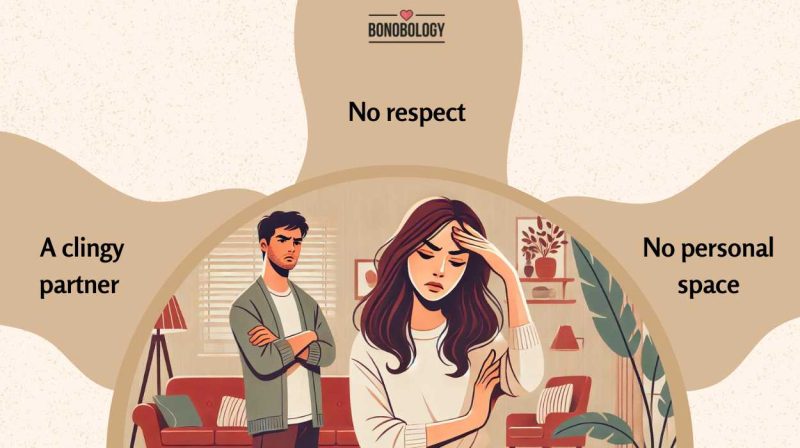




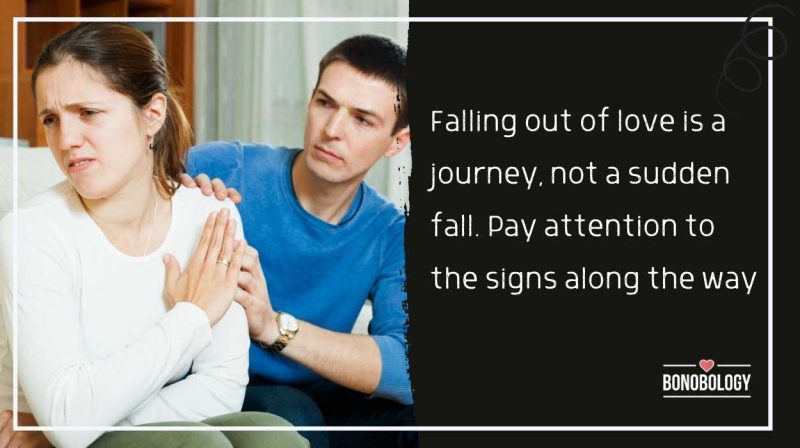
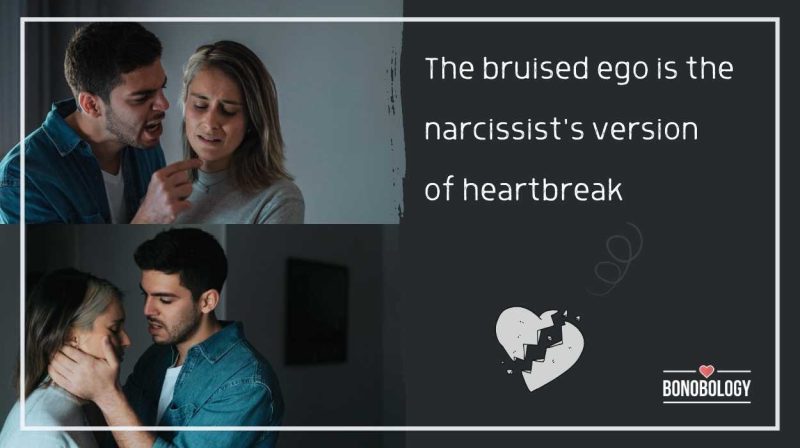
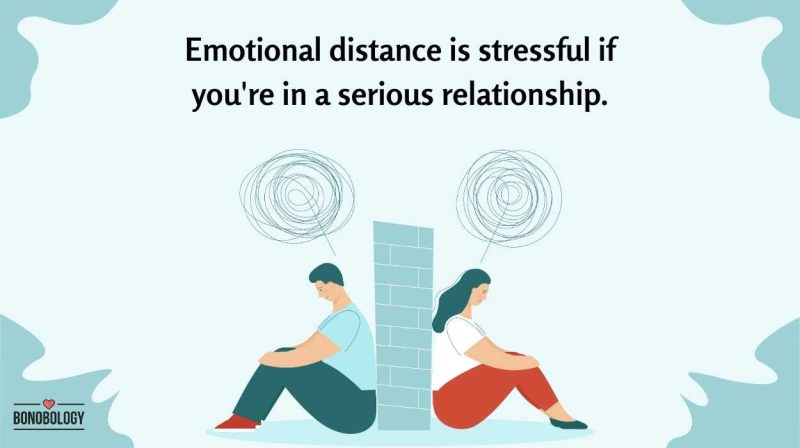
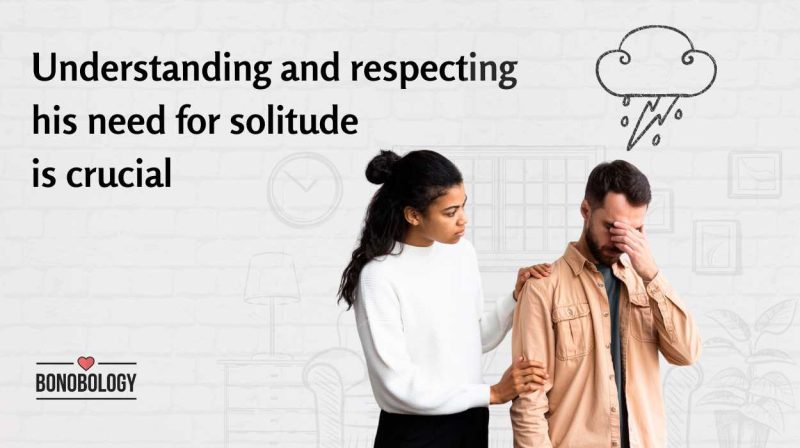
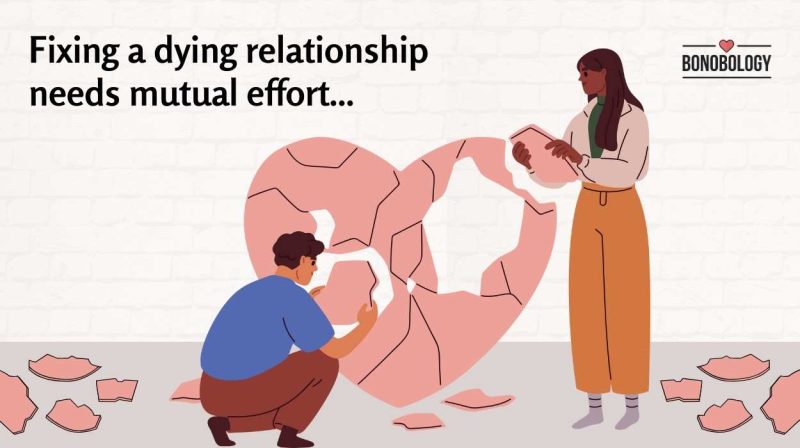
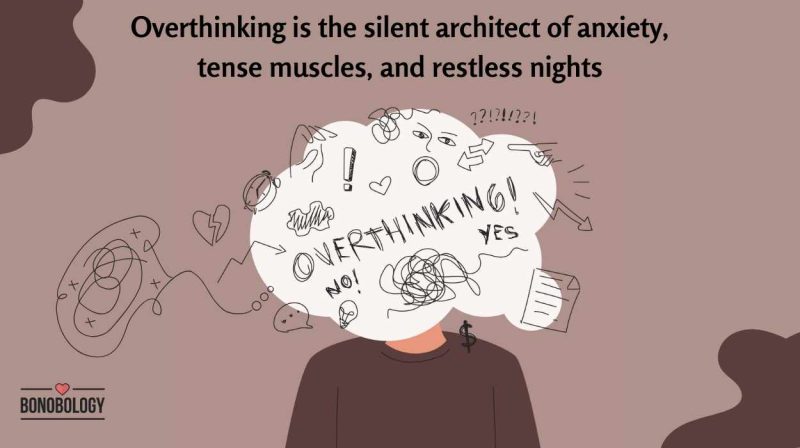


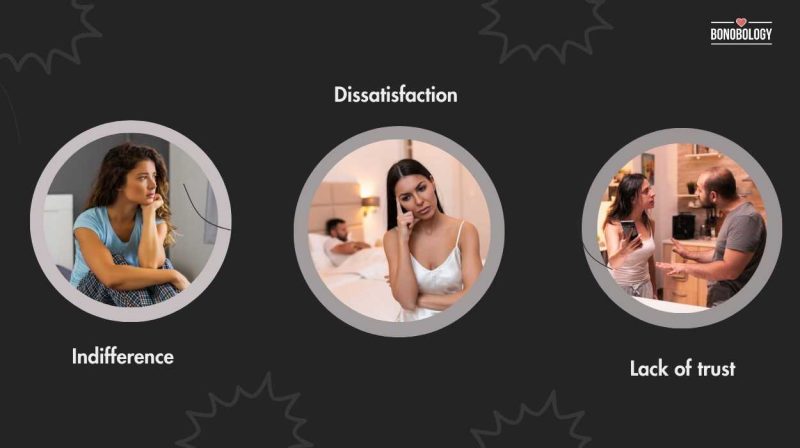


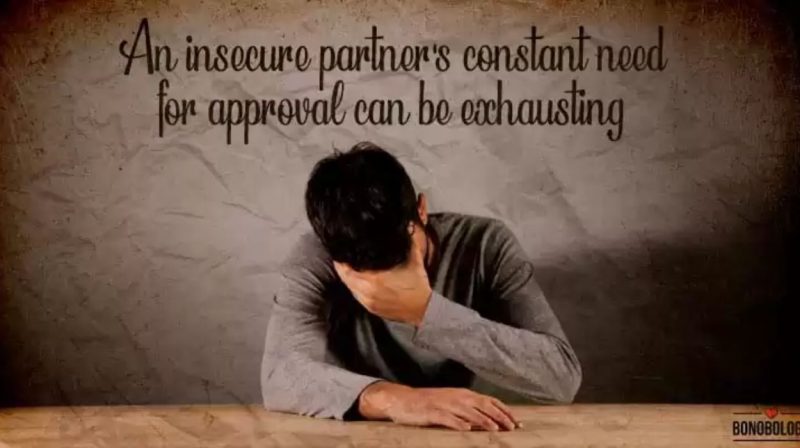
Featured
What Is A Break In A Relationship And How To Navigate It
Emotional Abandonment In Marriage: Signs, Causes, And Ways To Cope
15 Signs That Your Girlfriend Isn’t Sexually Attracted To You
Feeling Suffocated In A Relationship: Reasons, Signs, Ways To Deal
How Long Should A Relationship Break Be? A Therapist Answers
Why Do I Struggle To Communicate With My Partner? An Expert Answers
Will He Come Back After Silent Treatment? 15 Ways To Make Sure He Does
Why Do I Miss My Boyfriend So Much: Reasons And Ways To Deal
21 Clear Signs She Doesn’t Want A Relationship With You
How Narcissists Treat Their Exes — 11 Common Things They Do And How You Can Respond
Emotional Distance: Meaning, Causes, Signs, And Ways To Fix
My Boyfriend Is Grieving And Pushing Me Away: Tips To Cope And Comfort Your Man
What To Do When Your Relationship Is At Breaking Point?
Am I Overthinking Or Is He Losing Interest? 18 Signs To Help You Identify
Discover Your Worth: 13 Ways To Feel Loved And Appreciated
23 Backhanded Compliment Examples in Everyday Life That Are Actually Insults
11 Things That Happen When A Woman Shuts Down Emotionally – And How To Reconnect
15 Signs Of Emotional Detachment In Your Relationship
How To Not Be Jealous In A Relationship – 15 Expert Tips
11 Ways An Insecure Partner Drains A Relationship And 5 Ways To Fix It